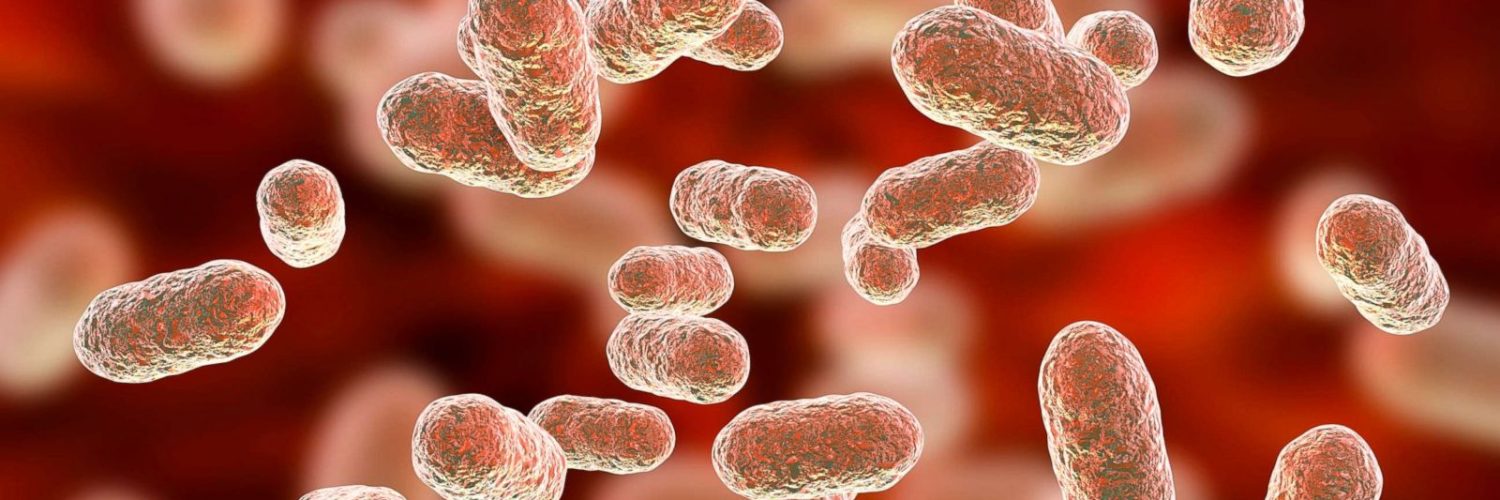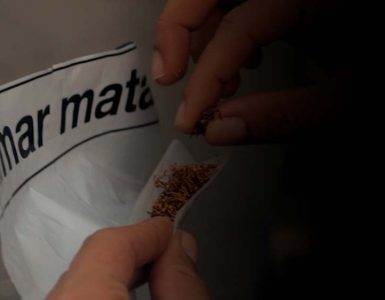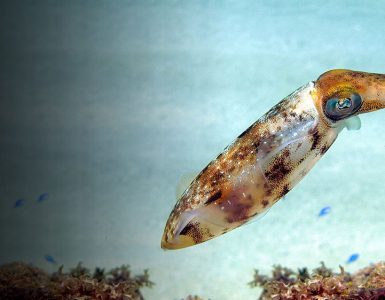Science for long has been on a quest to search for the reason for the great difference in life expectancy. Places like Japan, are also called longevity islands, as there isa particularly large number of extremely old people living. A new study on 160 people of Japan, who are over 100 years old revealed that unique bile acids produced by a distinct set of gut microbes may contribute to longevity by inhibiting the growth of gut pathogens.
The study is led by Yuko Sato from the Japanese Keio University and has been published in Nature. It indicates that the health of older people depends, among other things, on changes in intestinal bacteria. Some other factors that be influenced by intestinal bacteria are metabolism, bone health, immune defense, and neurological function.
For the study, Sato analyzed stool samples from Japanese: 47 young people (21 to 55 years old), 112 older people (85 to 89 years old), and 160 over centenarians. Some types of bacteria were found more frequently in the intestines of those over the age of 100 than in the younger ones.
This study highlights the fact that genetics are not the sole factor responsible for long life. The centenarianshave shown to be far less susceptible to age-related chronic diseases and can fight off infections quite well too. Genetics are only 30% responsible for human age since it is multifactorial so other factors can determine longevity.
Another reason for the team to undertake this study is to understand and find a way to shift bacterial communities to help mitigate the imbalance and prevent disease or improve quality of life. Studies in the past have shown that diet rapidly and reproducibly alters the human gut microbiome, and centenarians in Japan are a living example. The team found that though some centenarians were showing normal signs of aging, still, “the majority of centenarians were free of chronic diseases such as obesity, diabetes, hypertension, and cancer.” They also found that there wasn’t much difference in the total bile acid load between the groups, but centenarians got a unique composition or mix of bile due to the bacteria present. Further studies showed that Odoribacteraceae strains were responsible for producing a special type of bile acid, known as isoallo-lithocholic acid (isoalloLCA).
They concluded that “To our knowledge, isoalloLCA is one of the most potent antimicrobial agents selective against gram-positive microbes, including multidrug-resistant pathogens.”
Kim Barrett, at UC San Diego, who wasn’t a part of this study argued that “Like many studies that seek to implicate specific microbiome signatures with particular conditions in humans, as yet the work mostly reveals correlations rather than causality.”
But Sato is convinced that “manipulating concentrations of specific bile acids, whether microbial or by giving them directly, could exert health benefits.”
This study highlights more functions of bile acid, that were previously known (fat digestions and absorption). It also adds to the long list of other researches in favor of probiotic treatments for improved quality of life.
















Add comment